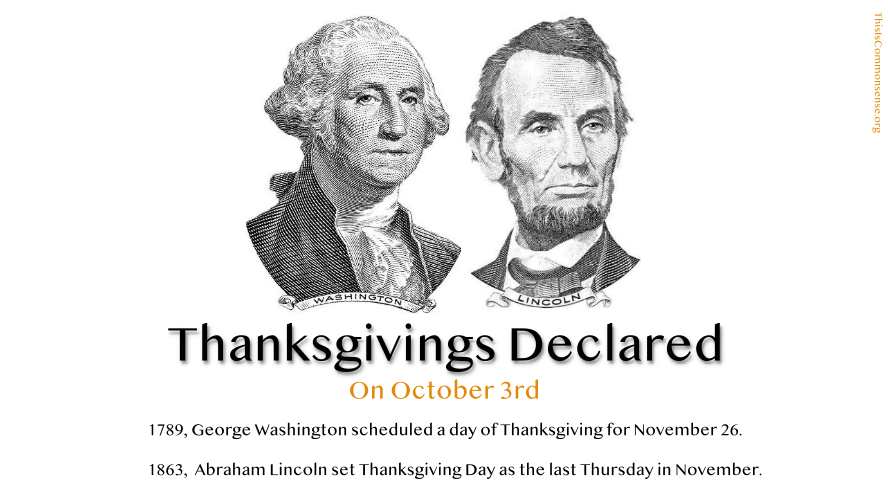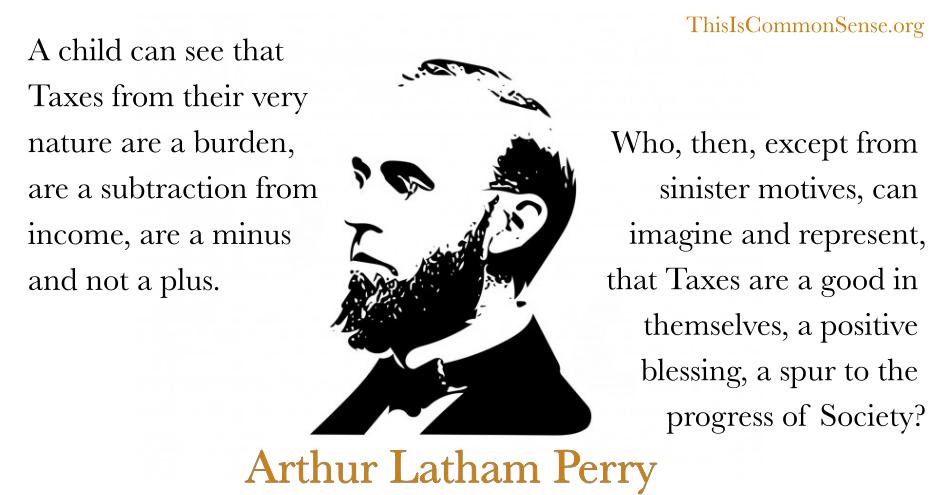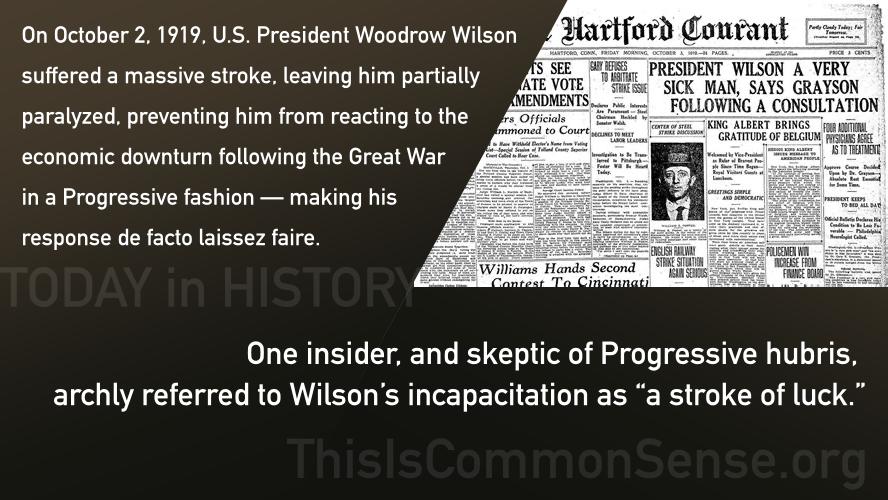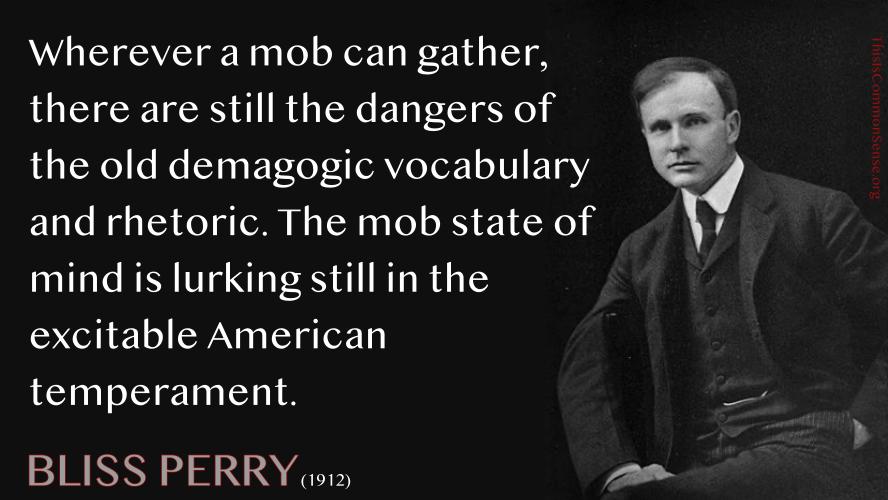On October 3, 1789, George Washington proclaimed Thursday November 26, 1789, a Thanksgiving Day. On the same date in 1863, U.S. President Abraham Lincoln declared the last Thursday in November as Thanksgiving Day.
Declarations of Thanksgiving



When we finally plug in the numbers, we will likely discover that the coverage difference is best explained by two factors: there are fewer reporters yet more “journalists” than ever before, and (you guessed
You see, Katrina coverage helped besmirch George W. Bush and the Republicans.
Covering Helene in the same way, or to similar extent, could hurt the incumbents (FEMA has been especially lame), and the presidential race is too close for the Democrats’ lackeys in the media to do that.
So let’s blame Helene on Trump.
Or, the low coverage on Trump. Trump’s the why of the y!
It’s just as sensible as blaming Helene on man-made climate change. Nearly every newsperson intones the plausible-sounding theory that the warmer the climate the more damaging the storms. It’s a great hypothesis. But pre-Helene studies have shown scant evidence for it.
Further, the oft-repeated line that “never before” has a hurricane reached so far inland is also untrue. Asheville, North Carolina, was destroyed by a similarly horrific hurricane in July 1916.
These are rare events. Or, perhaps, cyclical, on repeat by century.
The pity with all this theory and conjecture and political nonsense is: less coverage means less knowledge outside the hurricane zone of how horrible Helene is, and thus less sympathy elicited from the general population of generous Americans. Thus, less aid.
Making major media complicit — with the U.S. Government (FEMA, etc.) — in not helping relieve the suffering.
So maybe we should thank the climate change agenda. Without that devil to fight, we might get no coverage of Helene at all.
This is Common Sense. I’m Paul Jacob.
Illustration created with Midjourney
—
See all recent commentary
(simplified and organized)

Arthur Latham Perry, Principles of Political Economy (1891).
Suppose for a moment, that all taxes of every name could be abolished instantaneously, and the Governments, like the Israelites, live on manna for forty years. What harm would ensue? What industry would decline? Who would be impoverished? What stimulus to work and save and grow rich would be weakened thereby? Would not wages, and profits, and rents, all be lifted thereby, with no damage to anybody? A child can see that Taxes from their very nature are a burden, are a subtraction from income, are a minus and not a plus. Who, then, except from sinister motives, can imagine and represent, that Taxes are a good in themselves, a positive blessing, a spur to the progress of Society?

On October 2, 1789, George Washington sent the proposed Constitutional amendments (the United States’ Constitution’s Bill of Rights) to the States for ratification.
On the same date in 1919, U.S. President Woodrow Wilson suffered a massive stroke, leaving him partially paralyzed, preventing him from reacting to the economic downturn following the Great War in a Progressive fashion — making his response de facto laissez faire. One insider, and skeptic of Progressive hubris, archly referred to Wilson’s incapacitation as “a stroke of luck.”
His successor in office, President Warren G. Harding, would go on to massively cut spending as well as taxes, and take on regulation as well. He also released Woodrow Wilson’s domestic war prisoners — ranging from journalists, ordinary folk to socialist presidential candidate Eugene V. Debs — who had dissented from Wilson’s involvement in the war.
The Depression of the early 1920s, though as deep as the early 1930s, proved remarkably brief, thanks to Harding … and a “stroke of luck.”

Minnesota governor Tim Walz, the Democrat running for vice president, was fine with the appointment of an associate professor “of urban and multicultural education,” Brian Lozenski, to help write the state’s “ethnic studies” standards. Those were supposed to have been released for public comment in August but being kept under wraps.
Lozenski’s left-wing ideas are notorious in Minnesota. For instance, he has advocated overthrowing the United States — not to be replaced by an Elysium of reason and freedom, we can be sure.
Let’s also assume that someone running for president of the United States is familiar with his or her own views and agenda.
One thing we should know about his running mate, the current Vice President Kamala Harris, is that in 2020 she asked people to “help post bail for those protesting on the ground in Minnesota.” In jail for unpeacefully destroying the property of others.
A couple of years later, she denied making the appeal … but her tweet doing so remained up on the platform and, regardless, had been screenshot.
Commentators sometimes suggest that the future policies of Kamala Harris are mysterious, since she has said or half-said so many different things.
What mystery?
All of her left-wing, socialist, anti-capitalist, anti-First Amendment, anti-Second Amendment statements and actions express her true impulses. All her blarney about how she’s now a big fan of fracking or a gun owner who’d drop any intruder, etc., are attempts to fool voters who’d be appalled by her actual agenda.
This is Common Sense. I’m Paul Jacob.
Illustration created with PicFinder and Firefly
—
See all recent commentary
(simplified and organized)

Wherever a mob can gather, there are still the dangers of the old demagogic vocabulary and rhetoric. The mob state of mind is lurking still in the excitable American temperament.
The intellectual temptations of that temperament are revealed no less in our popular journalism. This journalism, it is needless to say, is extremely able, but it is reckless to the last degree. The extravagance of its head-lines and the over-statements of its news columns are direct sources of profit, since they increase the circulation and it is circulation which wins advertising space. I think it is fair to say that the American people, as a whole, like precisely the sort of journalism which they get. The tastes of the dwellers in cities control, more and more, the character of our newspapers.
Bliss Perry, The American Mind (1912), p. 67.